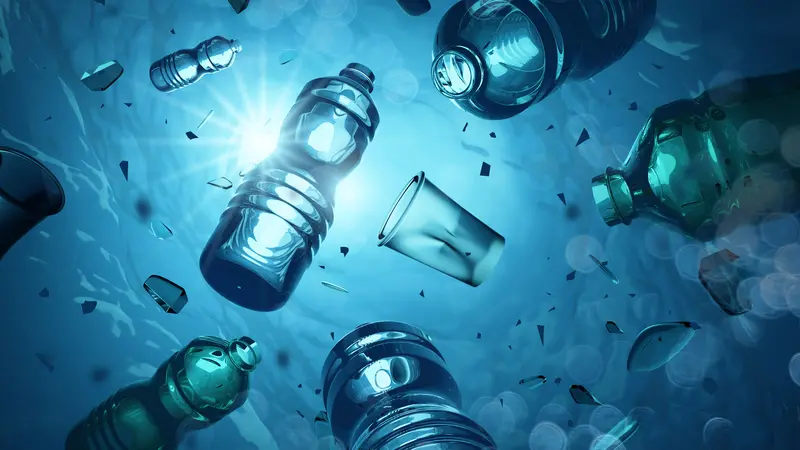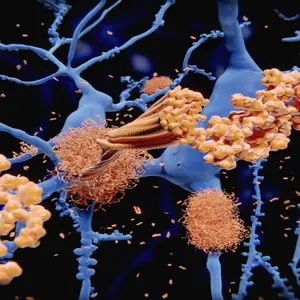

Emerging

Emerging
Scientists Question Biodegradable Claims
Images of polluted oceans killing aquatic animals have raised consumer awareness about the environmental hazards of single-use plastics, leading to increasing concern about the widespread use of plastic straws, bottles, and bags. Fossil-fuel plastics can last for hundreds of years, but a new plant-based plastic, called Nodax, promises to biodegrade in oceans within a few months. However, many experts urge caution, including Jason Locklin, the co-author of a study cited by the makers of Nodax, who says, “The claims are what I would call sensationalized.”
For the past fifty years, scientists have attempted to create plastic that quickly breaks down in nature. Danimer Scientific believes they have found the answer with Nodax, which is made by extracting carbon from canola oil–fed bacteria. The new material is being adopted by major corporations, such as Bacardi and Nestlé, that are developing new “biodegradable” bottles containing Nodax.
Bacardi calls Nodax a “plant-based wonder material” that will “disappear” in 18 months. Bacardi says extrapolated data from lab tests showed Nodax disintegrates by 90% in ocean water within 12 weeks.
However, Locklin’s research showed that Nodax breaks down quickly in powdered form, but the rate of breakdown is much more variable when tested in the form used to make bags, straws, and bottles. Ramani Harayan, a professor from Michigan State University who specializes in biodegradable plastic research, says the lab tests cited by Bacardi used much warmer water than average ocean temperatures, a variable that could cause items to degrade more quickly than would be seen in real-life scenarios.
In addition to worries about an increase in littering, experts are also concerned about Nodax bottles breaking down when mixed with regular plastic in recycling streams, causing contamination. And experts say many of the Nodax products will likely end up in landfills, which could potentially increase greenhouse gas emissions, since landfills are designed to prevent biodegradation to reduce the release of the greenhouse gas methane.
There are few laws in place to regulate claims of biodegradability, and companies are standing by their marketing promises. However, scientists warn marketers may be “greenwashing” and say more research is needed to ensure claims are accurate.
REFERENCES
Chaudhuri, S. (2021, March 20). Plastic straws that quickly biodegrade in the ocean? Not quite, scientists say. The Wall Street Journal. https://www.wsj.com/articles/plastic-straws-that-quickly-biodegrade-in-the-ocean-not-quite-scientis…?


 By
By







